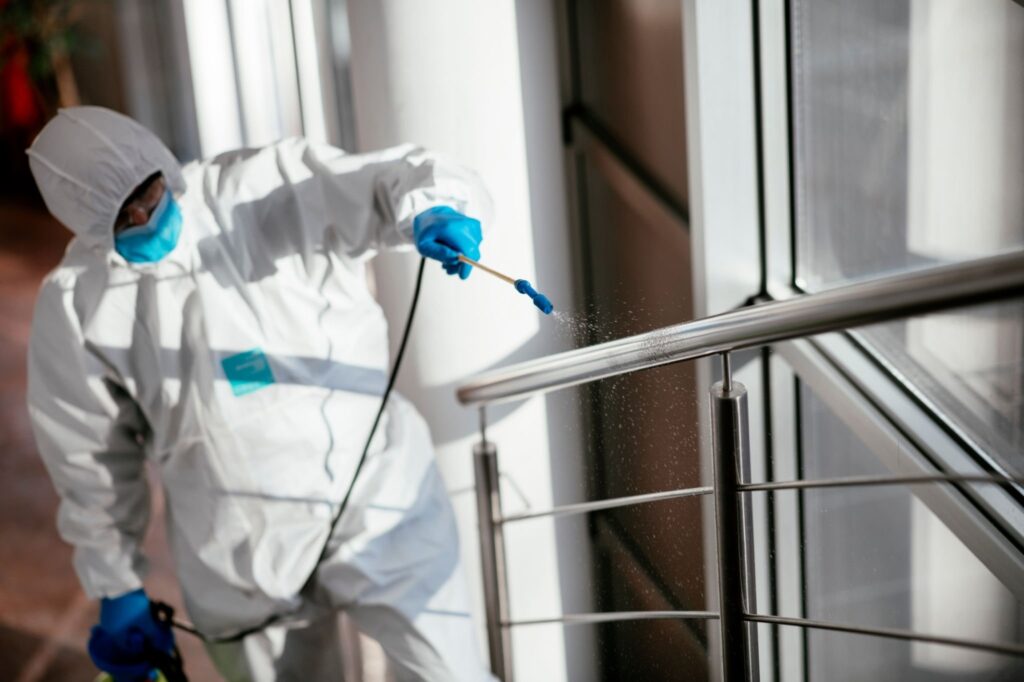Pest control refers to the management and elimination of pests, which are organisms that are considered detrimental or harmful to humans, property, or the environment. Pests can include insects, rodents, birds, wildlife, and other organisms that can cause damage, spread diseases, or disrupt the normal functioning of ecosystems.
The primary goal of pest control is to reduce or eliminate the populations of pests and mitigate the negative impacts they can have. This is achieved through various methods and techniques that target specific pests or address specific pest-related problems.
Pest control methods can be categorized into several broad categories:
Chemical Control: The use of pesticides, insecticides, rodenticides, and other chemical substances to kill or repel pests. This method may involve treating infested areas, applying barriers or repellents, or using baits to attract and eliminate pests.
Biological Control: Utilizing natural predators, parasites, or pathogens to control pest populations. This method involves introducing beneficial organisms or manipulating the ecosystem to disrupt pest reproduction and reduce their numbers.
Mechanical and Physical Control: Employing physical barriers, traps, screens, or mechanical devices to prevent pests from accessing a specific area or to capture and remove them.
Cultural Control: Implementing practices such as proper sanitation, waste management, and landscaping techniques to minimize pest habitats and conditions favorable to their survival.
Integrated Pest Management (IPM): A comprehensive and holistic approach that combines various pest control methods and emphasizes prevention, monitoring, and the least toxic means of control. IPM aims to minimize reliance on chemical pesticides and focuses on long-term pest management solutions.
Professional pest control services typically employ a combination of these methods, tailoring their approach to the specific pest problem and considering the safety of humans, non-target organisms, and the environment.
Pest control plays a crucial role in safeguarding public health, protecting agriculture, preserving property, and ensuring the overall well-being of individuals and communities. By effectively managing pest populations, pest control helps maintain a harmonious balance between humans and the environment.

